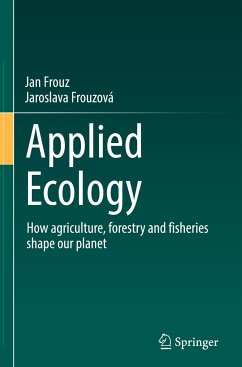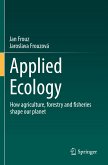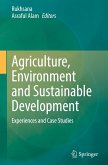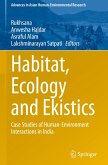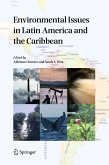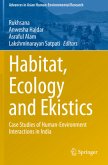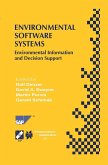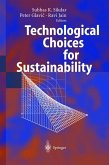This book offers a comprehensive introduction to basic ecological and biological principles underlying modern agriculture, forestry, fisheries and aquaculture, and explains how these principles are used to increase the production of food and other raw materials (wood, biofuels, fibers and other materials). The book is translated into English, originally published in Czech by Karolinum Press, Charles University, and provides new updated information to discuss how the intensification of the production of these goods changes the structure of ecosystems concerning energy and nutrient flows, and how these changes affect the functioning of ecosystems and the subsequent provisions of other non-productive ecosystem services. Additionally, the authors describe the methods by which contemporary science and society strives to increase the sustainability of agriculture, forestry and fisheries to maintain not only the production of food and other goods, but also otherecosystem services.
Although not a textbook on agriculture, forestry and fisheries, the book familiarizes readers with the principles of their technologies, because the impact on ecosystems is largely based on the technological processes used. The book is primarily focused on temperate ecosystems, but it contains a number of examples about marine and tropical ecosystems impacted by globalization and our consumer behavior. The book will be of interest to students and researchers with backgrounds in ecology and environmental science, as well as non-experts interested in ecology and environmental protection.
Although not a textbook on agriculture, forestry and fisheries, the book familiarizes readers with the principles of their technologies, because the impact on ecosystems is largely based on the technological processes used. The book is primarily focused on temperate ecosystems, but it contains a number of examples about marine and tropical ecosystems impacted by globalization and our consumer behavior. The book will be of interest to students and researchers with backgrounds in ecology and environmental science, as well as non-experts interested in ecology and environmental protection.

